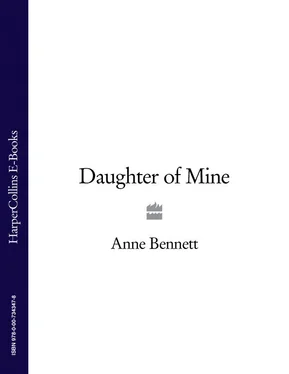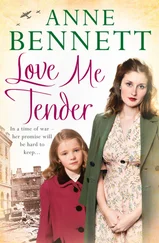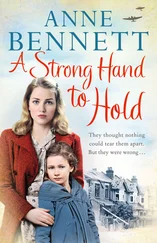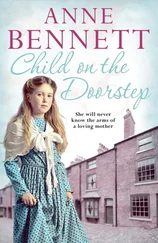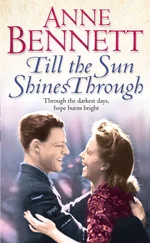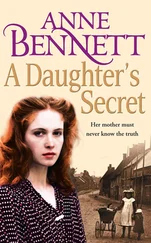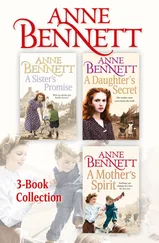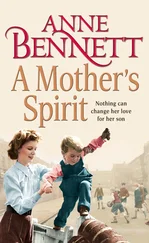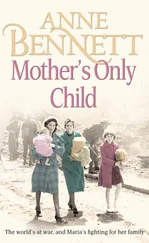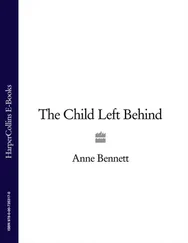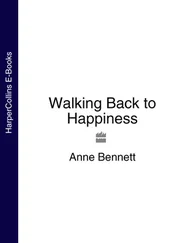Birmingham lived up to the girls’ expectations, although Lizzie had been initially alarmed by the traffic, cars, buses, lorries and trams cramming the roads, and the throngs of chatting and often raucous people filling the pavements. She’d thought she’d never sleep for the noise and bustle around her. She shared an attic room with Tressa and two other girls called Pat Matthews and Betty Green, and on the first night sleep eluded her, despite her tiredness, and she kept jerking awake when she did doze off.
It was a full week before Lizzie slept all night, so wearied by the twelve-hour shift she’d just finished, nothing could disturb her. From that night it became easier and she began to enjoy city life, and there was great entertainment for two girls with money in their pockets, especially living where they did. They were almost in the centre of the city, where the cinemas, theatres, music halls and dance halls abounded, and at first Clara had taken them in hand to show them around.
She suggested both girls took dancing lessons soon after they arrived, for she said Irish dancing was nothing like the dancing done here. However, Lizzie and Tressa caught on quickly, for they found the years of dancing jigs and reels had given them agility and the ability to listen to and move with the music and to follow instructions.
Lizzie loved to dance and she was so looking forward to the social. Whatever Tressa said, you weren’t promising a man your hand in marriage for doing the rounds in a quick step or a waltz and she was determined to enjoy herself. The first thing to do was to find something suitable to wear.
The Bull Ring was the place where bargains were to be had, but in a way Lizzie hated going there. She knew of the slump and the men without work and she’d even seen some of the hunger marches go down Colmore Row. But there was no evidence of deprivation in the hotel, in the food served and facilities offered, for the people who came were, in the main, well-to-do and successful, so Lizzie and Tressa were inured from the poverty.
They weren’t aware of the teeming back-to-back houses not far from the city centre where families lived in a constant state of hunger, cold and deprivation, pawning all belonging to them to prevent them all starving to death. It was only in the Bull Ring that these things were brought home to them. Lizzie was sorry for the shambling women she saw there, who were sometimes barefoot, which had shocked both girls at first. They often had a squalling baby tied to them with a shawl and a clutch of filthy, ragged, barefoot children with pinched-in faces, and arms and legs like sticks. They would dart like monkeys to snatch at anything falling off the barrows before the coster could pick it up. The barrow boys would shout at them and often raise a fist, but they were too hungry to take any notice and it tore at Lizzie’s heart to see them.
Tressa laughed at her softness when one day she gave a group of children her saved pennies to buy a pie each so that they could have a full belly for once. ‘They needed it more than me,’ she said in defence when Tressa chided her. ‘That eldest boy was about the same age as Johnnie. Think of the difference.’
‘And what of the razor blades, shoelaces and hairgrips you buy nearly every time you’re let out alone? We have enough in now to stock a shop.’
‘Ah, Tressa, doesn’t it break your heart to see those poor men with trays about their necks, and many of them blinded or with missing limbs?’ Lizzie said. ‘They fought in the war-to-end-all-wars and now have no job. They’re like debris, thrown out on the scrap heap. I have to buy from them.’
There were always more of the poor about on a Saturday, hoping to snatch a bargain, but that afternoon, two weeks before the dance, the girls were on a mission. Tressa wouldn’t let Lizzie look to left or right and led her straight down the cobbled streets from High Street into the melee and clamour of people and the costers shouting their wares above the noise.
The place had a buzz all of its own and there was always something to see, but that day there was no time to stand and stare. They skirted the flower sellers, around the statue of Nelson, shaking their heads at the proferred bunches and the market hall where the old lags were with their trays. The old lady stood outside Woolworths as she did every day, shouting her wares: ‘Carriers, handy carriers,’ and they passed Mountford’s, where the smell of the meat turning on a spit in the window would make your mouth water.
The rag market was where they were making for, and when they entered it, it still had the familiar whiff of fish lingering, for it sold fish in the week. But now, goods of every description were laid out on carpets or rugs on the floor. Lizzie got a bronze satin dress with lace underskirts: the bodice was decorated with beads and fancy buttons and cut to show the merest hint of cleavage. She even picked up a pair of bronze shoes and a brown fur jacket at the second-hand stall and was well-pleased.
Tressa was equally as happy with her dress of dark red velvet bound in black, for with her blonde hair she suited red. The smart black jacket fitted like a glove and the two-tone shoes were a find. If they pinched a bit, so what. She just had to have them. They made the outfit. The girls were well satisfied and as Tressa said when they dressed up in their room later and spun around before the mirror, ‘Don’t the pair of us look just terrific?’
The days seemed to drag, but eventually it was time to lift the dresses down from the picture rail where they’d been covered by a sheet, and the two dressed in their finery. Even Lizzie, never one to give herself airs and unaware of her beauty, was stunned. The skirt, which reached the floor, rustled delicately when she walked; and the beads on the bodice, shimmering in the light, brought out the beauty of her creamy skin and made her eyes dance and sparkle. Tressa’s gown was pretty enough and she did look beautiful in it, but it was Lizzie’s that drew the exclamation from Pat and Betty, who’d demanded to see them both before they set off.
Lizzie and Tressa stood in the doorway and peeped in. Streamers interspersed with balloons were draped around the walls and hung from the ceiling, while around the edge of the room were small tables. Each one had a lighted candle in a gold-coloured candlestick and it gave a magical feel to the night. At one end of the hall was a band setting up with their instruments, and, to the side, a more than adequate bar.
‘Isn’t it wonderful?’ Lizzie said, as the band struck up the first tune of the night, which was a slow foxtrot to the tune of ‘My Foolish Heart’.
‘Aye,’ Tressa agreed, taking a seat at one of the tables. ‘But I hope we are asked up by someone and before too long. Wouldn’t it be a desperate situation altogether if we were left sitting at the table by ourselves all night? I’d die of shame.’
There was little danger of it for the girls’ entrance had caused quite a stir, and both were asked up almost immediately. As Lizzie spun around the room with one partner after another she began to thoroughly enjoy herself.
They discovered punch early on in the evening and, thinking it to be non-alcoholic, drank plenty of it. Unbeknownst to them, they had been watched for about an hour by two men at the bar, who smiled to themselves and then to each other as they saw the girls fill up their glasses once more and go back to the table for a well-earned rest.
As soon as the men detached themselves from the bar and began to move towards them, the movement drew Tressa’s eyes. ‘There’s two gorgeous fellows heading our way,’ she whispered to Lizzie. ‘Absolutely terrific, so they are.’ And then, as Lizzie was to turn her head for a swift peep, Tressa hissed, ‘Don’t look around. They’ll know we’re talking about them.’
Читать дальше
